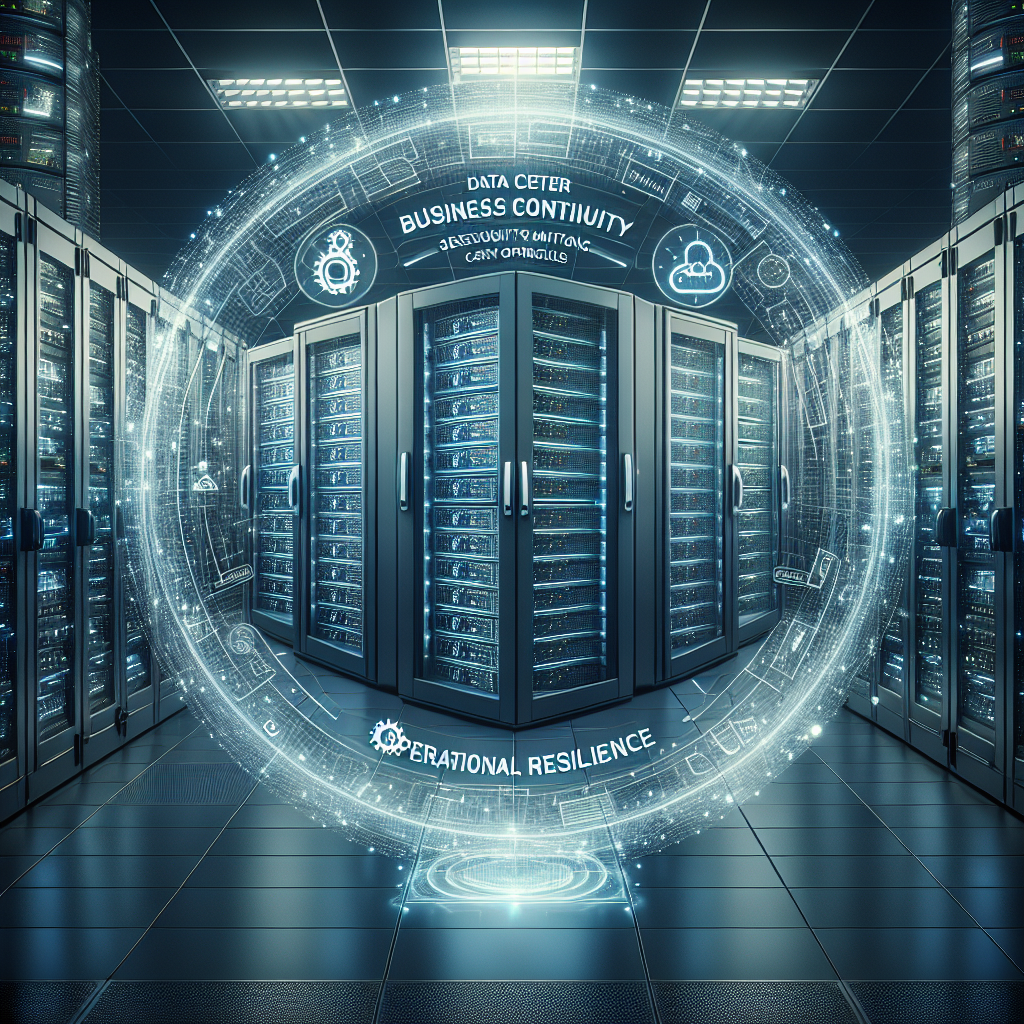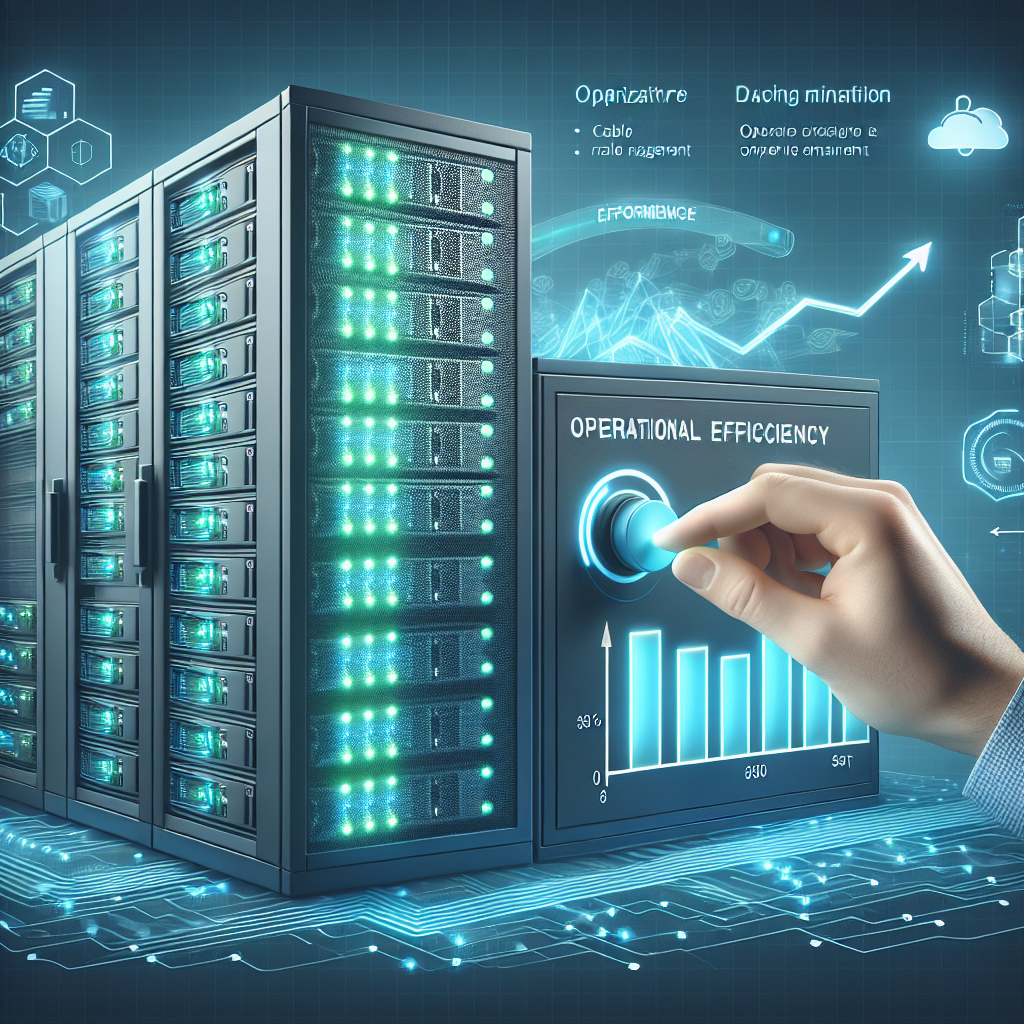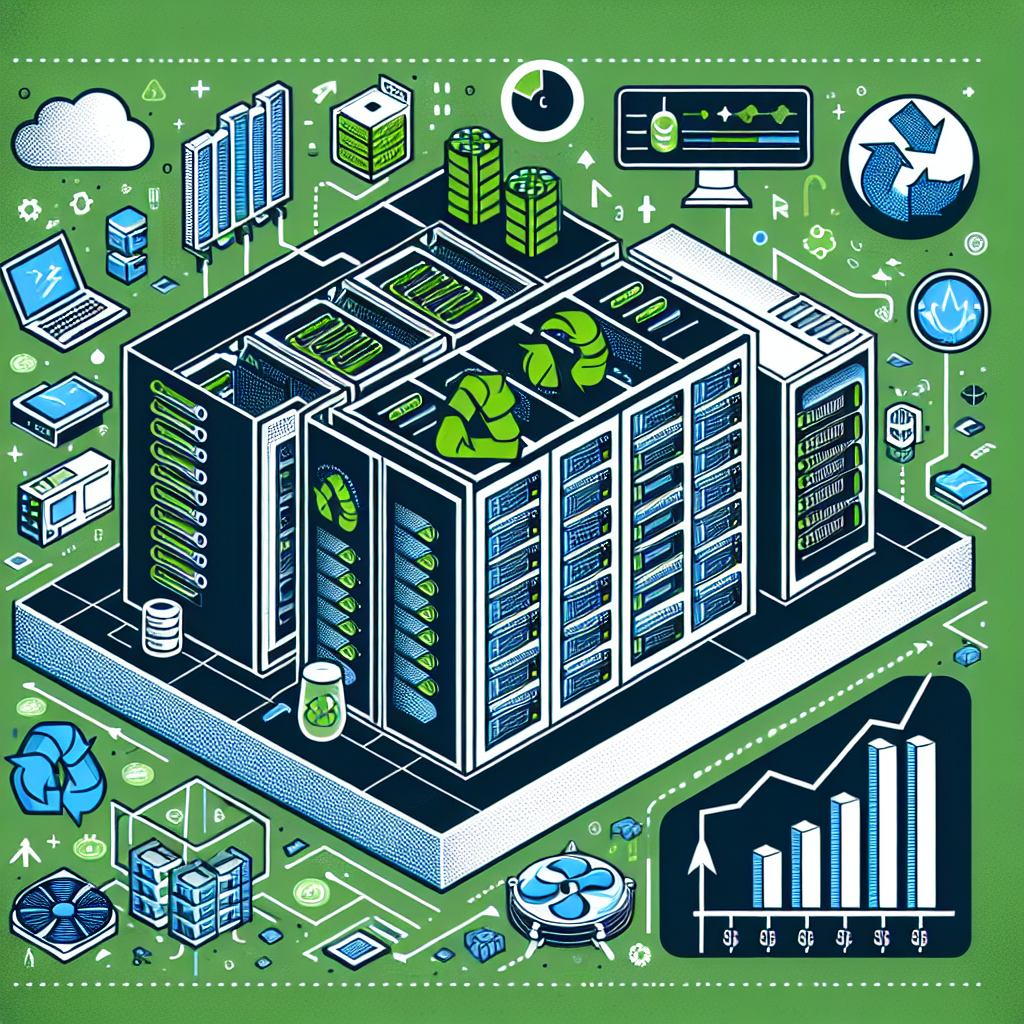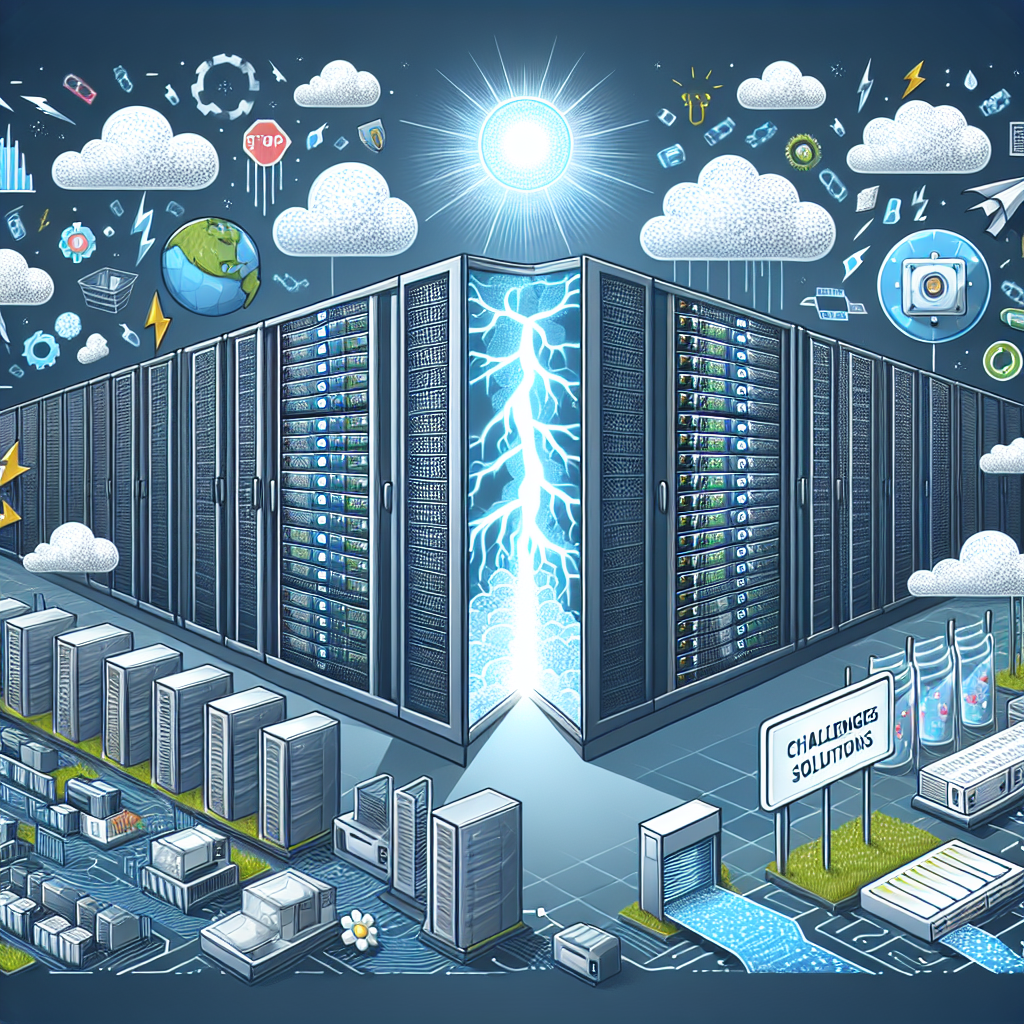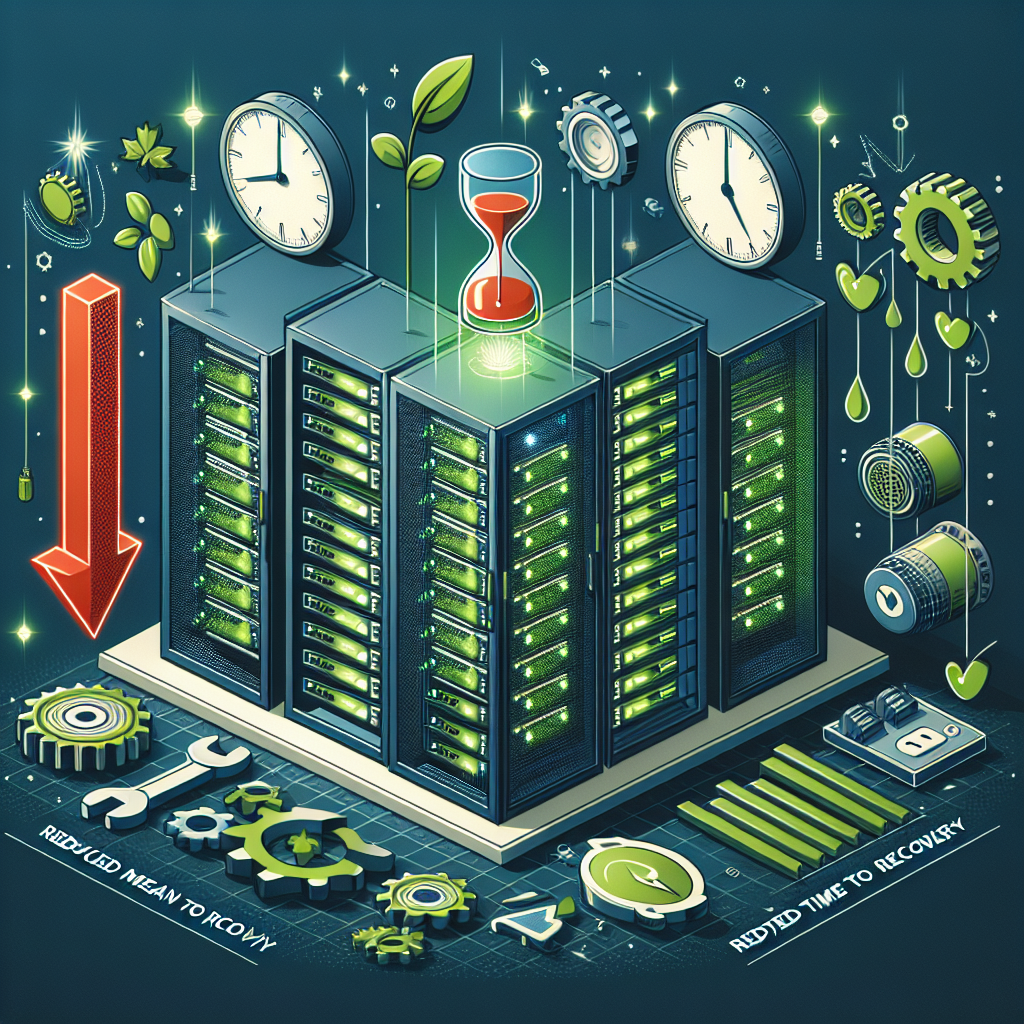In today’s digital age, data centers play a crucial role in the success of businesses across various industries. As the demand for data storage and processing continues to grow, data center operators are constantly looking for ways to improve efficiency and reduce costs. Implementing strategies for data center operational efficiency is key to maximizing performance and ensuring smooth operations.
One of the first steps in achieving operational efficiency in a data center is to establish a clear understanding of the current state of operations. This involves conducting a thorough assessment of the data center infrastructure, including equipment, power usage, cooling systems, and overall energy consumption. By identifying areas of inefficiency and potential bottlenecks, operators can develop a targeted plan for improvement.
One commonly used strategy for improving operational efficiency in data centers is the implementation of virtualization technology. Virtualization allows multiple virtual servers to run on a single physical server, reducing the need for additional hardware and decreasing energy consumption. By consolidating servers and optimizing resource allocation, data center operators can achieve significant cost savings and improve overall performance.
Another important aspect of data center efficiency is proper cooling and airflow management. Data centers generate a significant amount of heat, and maintaining optimal temperatures is essential for preventing equipment failure and ensuring long-term reliability. By implementing efficient cooling systems, such as hot aisle/cold aisle containment and variable speed fans, operators can reduce energy consumption and improve overall cooling efficiency.
In addition to technical solutions, data center operators can also improve efficiency by implementing best practices for equipment maintenance and monitoring. Regularly scheduled maintenance checks, equipment upgrades, and monitoring of performance metrics can help identify potential issues before they escalate into more serious problems. By staying proactive and keeping equipment in optimal condition, operators can minimize downtime and maximize operational efficiency.
Overall, implementing strategies for data center operational efficiency requires a combination of technical solutions, best practices, and a proactive approach to maintenance and monitoring. By taking a holistic approach to improving efficiency, data center operators can reduce costs, increase performance, and ensure the long-term success of their operations. From theory to practice, operational efficiency is key to unlocking the full potential of data centers in today’s digital landscape.

